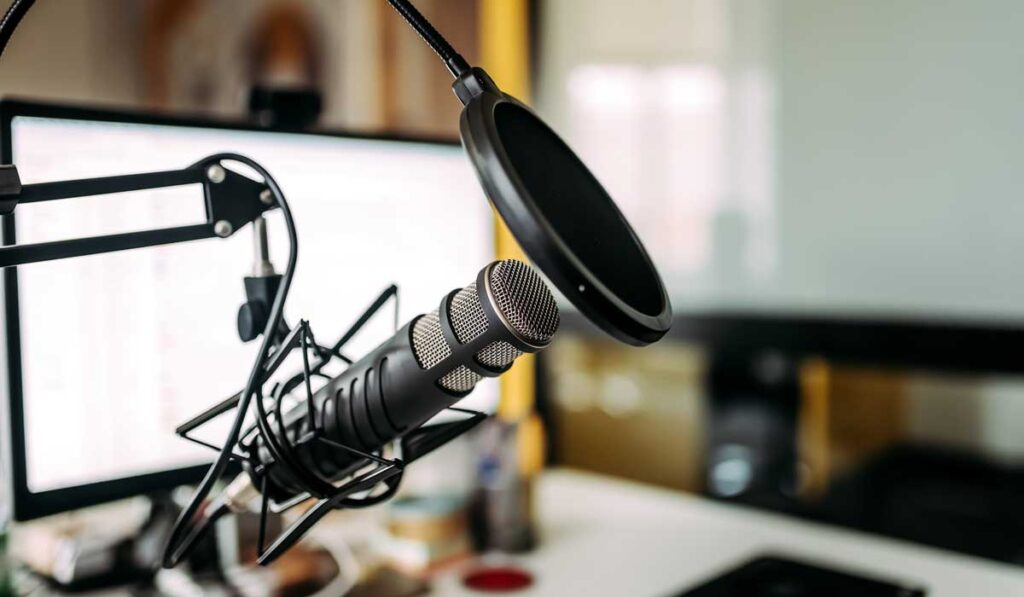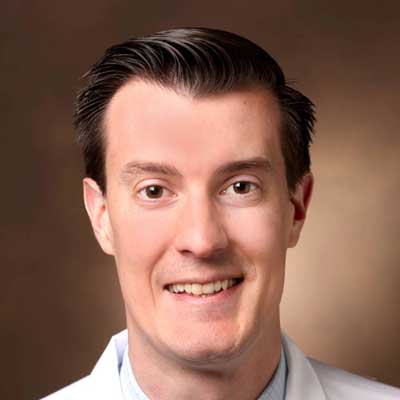The Endocrine Society has launched a unique national podcast – the Endocrine Feedback Loop – that upgrades a longstanding mainstay of medical education and research, the journal club. Hosted by Chase Hendrickson, M.D., an endocrinologist at Vanderbilt University Medical Center, the podcast takes the traditional journal club format into online territory and offers new opportunities for interactivity.
Hendrickson pitched the idea to the Endocrinology Society last year as a way to include more peers in discussing and dissecting recent research with leading experts in the field.
Said Hendrickson, “It started just from my experience with regular old in-person journal clubs, and how much I loved doing those. And more so, not just putting together a session and reviewing an article, but actually teaching people how to do that.”
Trusted Format
Just as in traditional journal clubs, the monthly podcast focuses on high-impact research articles – those with potential to change clinical practice, or those with a particularly fascinating study design or controversial findings. A rotating cast of contributors helps Hendrickson select relevant articles and joins him in the analysis.
“The pre-work involves creating a fairly robust discussion guide, so everyone’s on the same page,” he said. “We don’t want a script, but we highlight key points or particularly tricky questions ahead of time.”
Hendrickson connects with contributors for a few weeks prior to recording. Then, he facilitates a recorded conversation breaking down the study for listeners.
Other contributors on the podcast are not study authors, but rather include renowned experts in the field. In 45-60 minutes, the team dissects study design, results, caveats and more. “We really want it to be an outside look, to have this unbiased third party taking a look at the paper,” Hendrickson said.
“We really want it to be an outside look, to have this unbiased third party taking a look at the paper.”
Expanding Audiences
The podcast equips listeners to critically analyze research articles on their own. Hendrickson cites NephJC, the pioneering and wildly successful Twitter-based journal club, as a key collaborator. Last year, NephJC expanded to include a twice-monthly podcast.
“All of us were doing these journal clubs for a handful of people in our fellowship programs. But we thought, ‘how could we do this on a much larger scale?’” Hendrickson said.
Bringing journal clubs online allows listeners who don’t have an academic appointment to participate. The podcast can reach trainees whose programs don’t offer this particular component, Hendrickson says, or physicians in private practice who no longer have access to such activities.
More Growth Ahead
Hendrickson foresees the podcast growing over time. He imagines incorporating polling software, taking questions from listeners or even doing live versions at annual meetings. For now, he’s focused on building a library of episodes and fine tuning the process.
“We’re really trying to figure out what it is that drives our listeners,” Hendrickson said. “Is it the topic we’re choosing? Is it the guest expert that we’ve invited? Is it somebody with broad name recognition? It’s an ongoing process of making this as high yield for the listeners as possible.”





